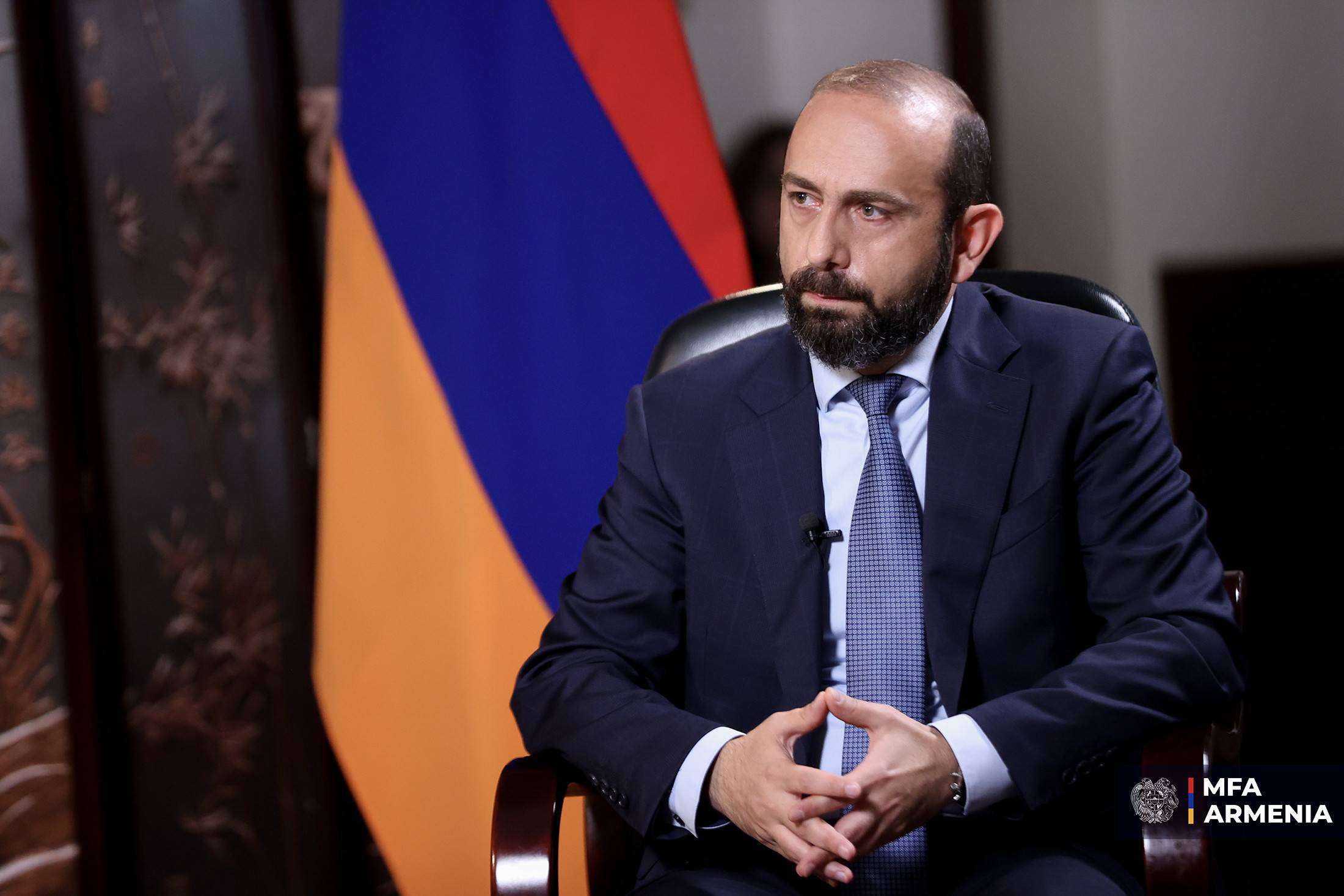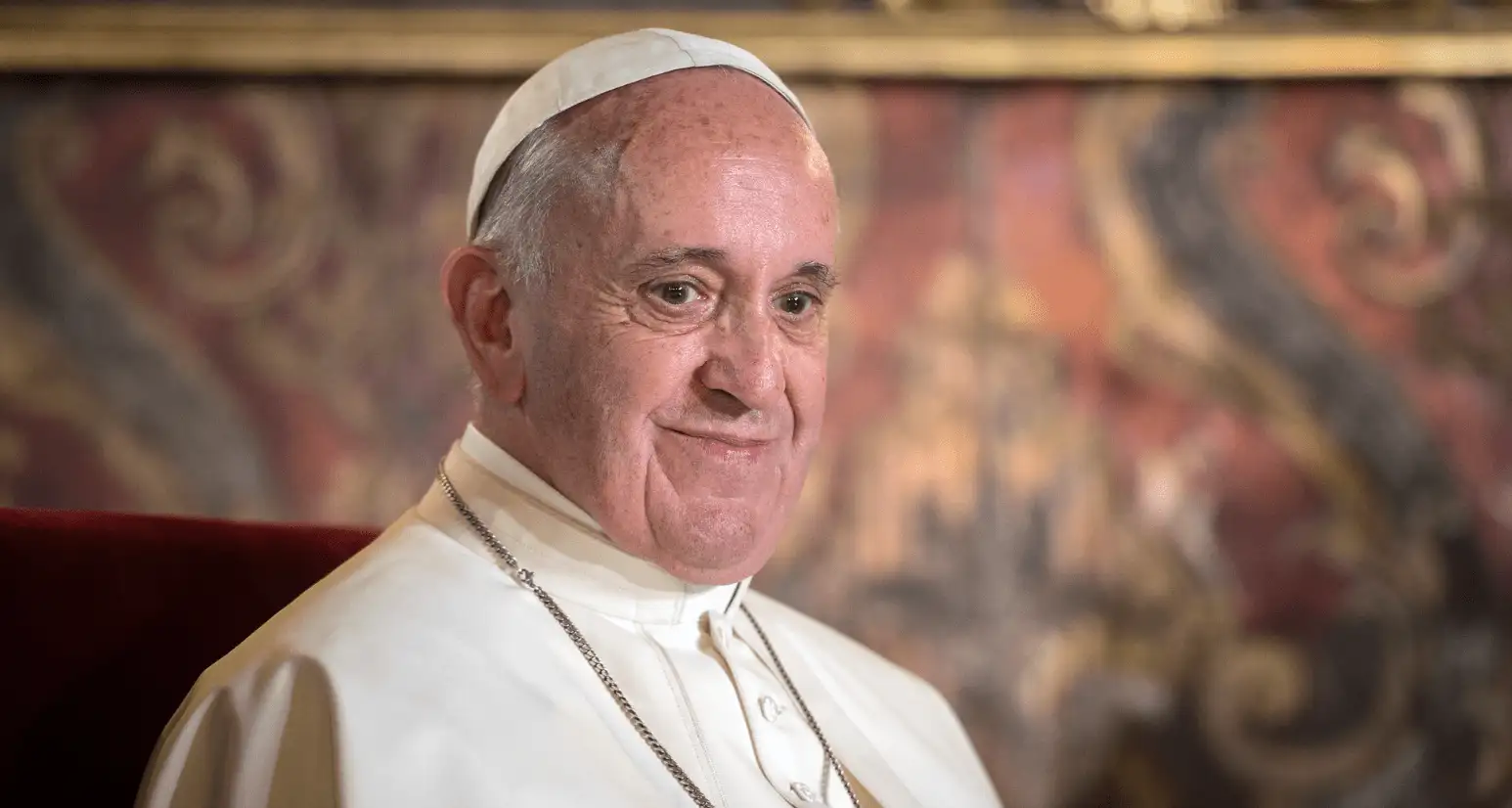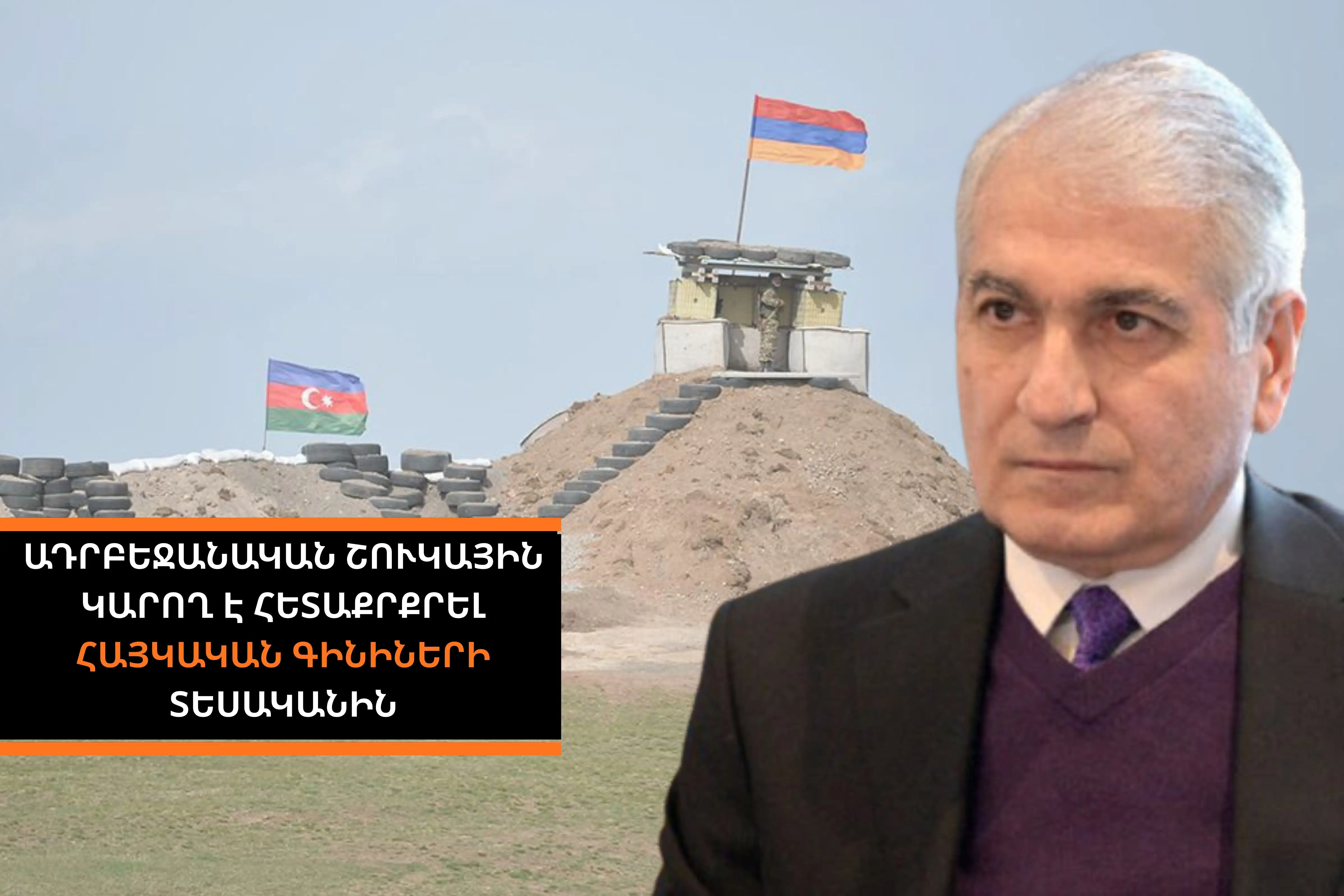Within the framework of his official visit to Beijing, on June 28, RA Foreign Minister Ararat Mirzoyan gave an interview to China Central Television (CGTN).
Question: Your visit to China took place at the invitation of Chinese Foreign Minister Wang Yi. Please share the main topics of the negotiations and whether any concrete results were achieved.
Ararat Mirzoyan: This was my first official visit to Beijing, and I would like to extend my gratitude to Minister Wang Yi for the invitation. This was a good opportunity to summarize the work done so far, record our achievements, and outline the path of further cooperation that we must follow together. Important topics were discussed.
We have already achieved tangible results, particularly in the areas of mutual trade and economic relations. As we can see, for example, our mutual trade volume has increased by 700 million compared to last year. We have also launched a direct flight from Yerevan to Urumqi. Thus, business contacts are growing, trade, people-to-people contacts, and cultural relations are developing, and political dialogue is also active. And this is not the whole potential of the development of relations. Together with my colleague, Minister Wang Yi, we discussed the strategic nature of our relations, the similarity of our approaches to world politics, our cooperation on international platforms, as well as the bilateral agenda.
This can mark the beginning of a new chapter in our relationship, and I am hopeful that we will see tangible results in the coming months.
Question: The recent Iran-Israel conflict has caused serious concern throughout the world. China is actively promoting peace negotiations and calling on all parties to exercise restraint. How do you assess China's role in international diplomacy and conflict resolution?
Ararat Mirzoyan: Armenia is a neighboring state bordering Iran, and we were deeply concerned and expressed our position, condemning the use of unilateral force, the attack on Iran on the very first day. By the way, our position was similar to the approach later expressed by the Shanghai Cooperation Organization. This is not only based on our friendly relations with Iran, but also taking into account the possible threat and possible nuclear contamination.
I want to reiterate that Armenia is a neighboring state. We were seriously concerned, and now we see that a ceasefire has been established. We hope that it will be maintained, and all issues will be resolved through diplomatic channels, through negotiations.
We are committed to promoting peace in our region. As a country that has faced and fought wars in recent years, we are now interested in establishing peace not only on our borders, but also in other regions and across a more expansive geography. And in this sense, as we understand it, our approaches are very close to the approaches of the PRC.
We have a peace agenda, which is one of the priorities of the Republic of Armenia. We are conducting negotiations with Azerbaijan.
We have reached an agreement on a draft peace agreement. Now we are ready to sign and then ratify this peace agreement. We are also trying to normalize our relations with our western neighbor, Turkey.
So, peace is what we believe in. And again, let me emphasize this: this is how we perceive the Chinese approach and the policy of the PRC. We also recall and are grateful that China welcomed the agreement on the draft peace agreement between Armenia and Azerbaijan, and supports peaceful negotiations and the normalization of relations between Armenia and Azerbaijan.
If we examine international relations more broadly, the violation of international law, territorial integrity, and the absence of rules in international relations is not only beneficial for Armenia, but also, as we understand it, for China and humanity in general. If the general and ultimate goal is the establishment, restoration, or strengthening of international law and the strengthening of multipolarity, then we fully share this approach.
Question: I am aware that Armenia has introduced the "Crossroads of Peace" initiative, which, in many ways, coincides with China's "Belt and Road" initiative, promoting the development of ties and regional cooperation. How do you envision the synergy between these two initiatives?
Ararat Mirzoyan: It is evident that the whole world is now trying to discover new logistical rules for strengthening ties between countries, and the "One Belt, One Road" initiative, as well as Armenia's "Crossroads of Peace" initiative, are part of that general search aimed at creating new or better ties. As you mentioned, the "Crossroads of Peace" initiative of the Republic of Armenia entirely coincides with the vision of "One Belt, One Road". Essentially, the goal is to foster stronger connections between Europe and East Asia, specifically between Paris and Beijing. This will enable the free and smooth movement of goods and people from Paris to Beijing, as well as from France to the South Caucasus, Armenia, and then to Central Asia, such as through Kazakhstan, ultimately reaching China.
And if this better link is implemented and works smoothly, call it "Crossroads of Peace", call it "One Belt, One Road", it will benefit all countries and all peoples and help governments ensure or achieve their primary goal: ensuring the well-being and happiness of their citizens. This fall, the Shanghai Cooperation Organization summit will be held in Tianjin, China. As a dialogue partner of the SCO, Armenia has seen its total trade with China increase year by year.
Question: How can the Shanghai Cooperation Organization's focus on green development and the digital economy bring new opportunities to both countries?
Ararat Mirzoyan: Armenia is a dialogue partner of the SCO, and the fundamental principles of the organization are of great importance to Armenia. Let's recall some of them: territorial integrity, the inviolability of borders, and the non-use of force.
This is precisely what Armenia is building its foreign policy on today. These principles are fundamental to us. Additionally, as a complement, we observe that several other agendas are being promoted within the organization's framework, as you mentioned some of them: artificial intelligence, digital economy, green transition, and climate issues.
These topics are also essential for us. Let's remember just one fact: it is a sufficient indicator. One of the main parts of trade between Armenia and China is green technologies.
Therefore, when discussing climate issues and biodiversity more broadly, it becomes clear that climate issues are also significant for Armenia. Next year, we will host the COP17 conference on biodiversity, and in preparation for this important event, we also expect cooperation with China in this context. This is to demonstrate the Republic of Armenia's interest in the activities of this organization and the development of our collaboration.
Moreover, we have decided to expand and increase our participation in this organization. By the way, this was also one of the topics discussed and negotiated between the Armenian and Chinese delegations. We have clearly expressed our position, namely, our desire to increase our role in this organization. And we hope that the member states will welcome these aspirations of ours.
Question: This year marks the 33rd anniversary of diplomatic relations between China and Armenia. In addition to economic cooperation, cultural exchanges have also expanded. The growing spread of the Chinese language in Armenia and the Khachaturian International Violin Competition in China both emphasize the ties between peoples. Looking ahead, what are your expectations for the future?
Ararat Mirzoyan: Of course. Cultural exchanges are significant for strengthening and developing ties between people.
And I must note with satisfaction that there is a growing interest in both societies: in Armenia, in the Chinese language, in Chinese culture, in China, in Armenian culture. Upon examining history, we can see that there has always been a positive interaction between the Chinese and Armenian civilizations.
There have always been strong cultural ties. However, we are all pleased that this interest is growing in Armenia and China today. And again, I would like to give an example.
There is a school in Armenia that teaches Chinese. There is a long queue there, as parents want to send their children to study at this school. This is a pretty telling example. And also the popularity of the Khachaturian competition and Armenian music in China. These examples are intended to illustrate the general trend.




















